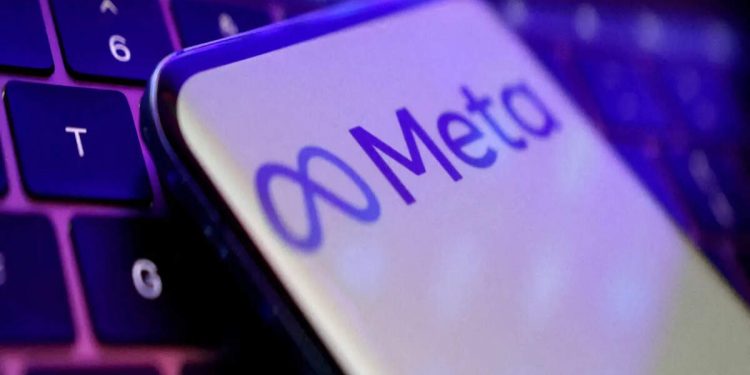Meta, the parent company of Facebook, Instagram, and WhatsApp, has warned it may be forced to shut down its services in Nigeria if disputes with regulatory authorities remain unresolved. The tech giant is currently facing nearly $300 million in fines imposed by three separate Nigerian agencies, with tensions centered on the country’s increasingly strict data protection laws.
The Federal Competition and Consumer Protection Commission (FCCPC) hit Meta with a $220 million fine, while the Advertising Regulatory Council of Nigeria (ARCON) imposed a penalty of ₦60 billion (around $37.5 million). The Nigerian Data Protection Commission (NDPC) added another $32.8 million, bringing the total to approximately $290.3 million.
At the heart of the dispute are Nigeria’s data transfer restrictions. The NDPC requires Meta to seek prior approval before moving any user data out of the country. In court filings, Meta described these requirements as unrealistic and argued that the interpretation of Nigeria’s data laws is flawed.
In addition, the NDPC has instructed Meta to include a prominent link on its platforms directing Nigerian users to educational content on data manipulation risks. The content is expected to be developed with vetted NGOs and academic institutions.
Meta insists that these measures are burdensome and threaten the viability of its services in Nigeria. It warned in court documents that it may be forced to suspend Facebook and Instagram operations in the country to avoid potential enforcement actions linked to non-compliance.
This marks the latest clash between Meta and Nigerian regulators. In 2024, WhatsApp faced a similar crisis when it was fined $220 million. Despite Meta’s appeal, the fine was upheld by the Competition and Consumer Protection Tribunal, which also imposed an additional $35,000 in investigative costs. Meta is currently contesting various rulings in three federal courts.
The ongoing standoff highlights growing friction between global tech companies and African governments over data governance, privacy, and platform regulation, as countries assert more control over digital spaces and seek to ensure compliance with local laws.










